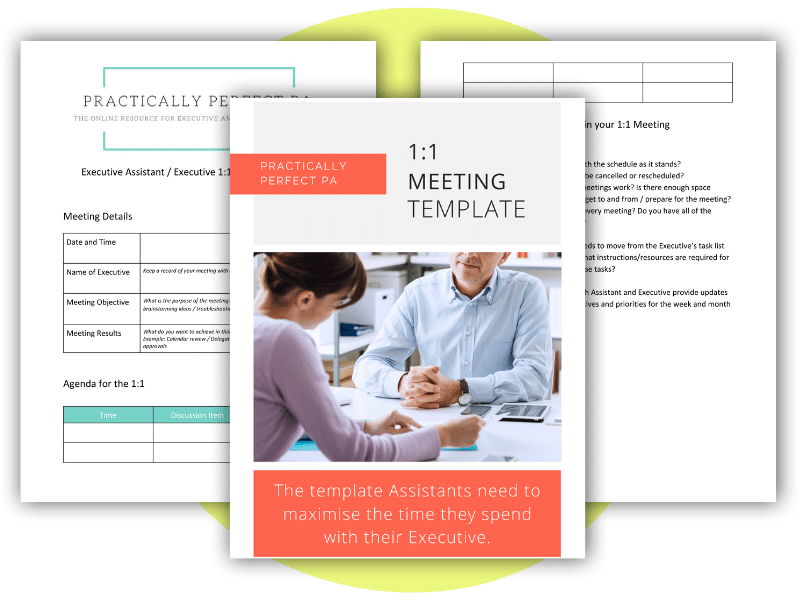Reporting on confidential Assistant tasks
As an Assistant, it’s not uncommon to work on personal projects for your Executive, such as travel planning for client meetings, drafting confidential reports or organising calls with direct reports, that may not be included in your team’s regular reporting. However, when it comes to reporting on your work during team meetings, it can be challenging to share the value you’re bringing without revealing too much personal information. In this article, we’ll explore some strategies to effectively report on confidential Assistant tasks without compromising confidentiality or revealing sensitive information.
Navigating reporting on confidentual projects for your Executive in team meetings.
Acknowledge yourself and your wins
One effective strategy is to start by acknowledging yourself and your wins on a daily basis. Take a few minutes each day to reflect on the key things you’ve accomplished and impacted, even if they may seem small. This daily audit can help you keep track of your progress and prepare for team meetings where you need to report on your work. By recognising your achievements, you’ll feel more confident and prepared to share your contributions with your team.
Focus on your value and the impact you make
When reporting on confidential Assistant tasks during team meetings, focus on the value and impact of your work rather than the specific details of what you’ve done. For example, instead of sharing the exact tasks or projects you’ve worked on, highlight how your work has allowed your Executive or other colleagues to achieve their goals or solve a problem. Use general terms such as “confidential work for the Executive” or “supporting private projects” without revealing specific details that may compromise confidentiality.
Use cost saving reports
Another effective strategy is to use cost saving reports when reporting on your support work. Instead of disclosing the specific nature of your work, you can mention the time and effort you’ve spent on confidential projects and how it has allowed your Executive to achieve certain outcomes. This way, you can demonstrate the value of your work without revealing sensitive information.
Be mindful of confidentiality
It’s important to always prioritise confidentiality when reporting on your support work for your Executive. Be mindful of the sensitive nature of your work and avoid sharing any information that could compromise confidentiality or violate any agreements or policies.
Always follow your organisation’s guidelines on confidentiality and be cautious about the information you share in team meetings.
It can be difficult to report on the personal projects of the executive you work for, especially when it comes to managing their confidential agendas. However, understanding your role and utilising these strategies can make all the difference in a professional setting. Overall, it is important to remember that by upholding confidentiality and aware of your boundaries as an Assistant while still finding a way to account for your major contributions, you can create a trusting relationship between yourself, your Executive and thw wider team. After reading this article, you should have the tools necessary to help you succeed in this goal. Lastly, if you feel like you would benefit from further instruction in areas such as this one then please consider enrolling in our Assistant Essentials Online Course for more information about how to be successful when reporting on private tasks from your executive.





